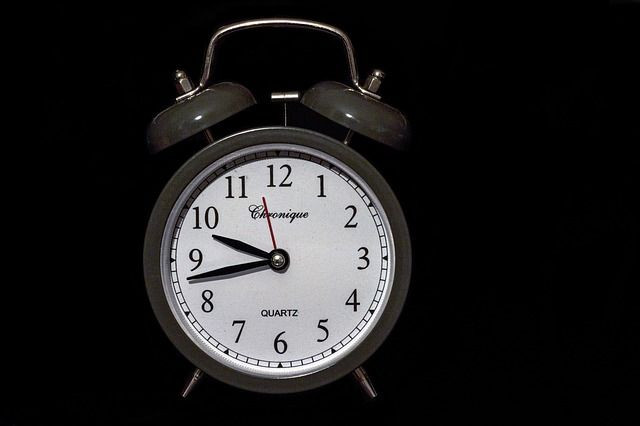Daylight Saving Time Fertility Side Effects: IVF Too Close To Clock Change Could Increase Miscarriage Risk

In two week, the United States will “spring forward” for daylight saving time (DLS), and while it may stay lighter for longer, it comes at the price of losing an hour of sleep. A new study suggests the time change could cost pregnant women more than just their sleep; it may be connected to a greater risk of miscarriage. Although this risk was most pronounced in women who had conceived via IVF, it could also occur in women who conceived naturally.
The study, conducted by researchers from Boston University School of Medicine, found that the number of miscarriages doubled among women who underwent IVF within 21 days of the clock springing forward for spring. A total of 23.4 percent of women who had IVF up to 21 days before the clocks went forward suffered a miscarriage. This was compared to only 10.2 percent of women throughout the rest of the year. In addition, women who had previously experienced a miscarriage were at the greatest risk. Although it’s not entirely clear what is causing the increase in miscarriages, the team suspect it may be due to the lost hour of rest.
Read: Daylight Saving Time May Increase Risk For Heart Attack And Stroke
“We don’t know for sure, but it may be the stress from [moving to] spring daylight saving time, where the body’s rhythm is disrupted by the loss of an hour,” explained study co-author Dr. Wendy Kuohung, The Daily Mail reported. “It could be enough to negatively impact IVF patients with a history of a prior miscarriage and who may be at higher risk for miscarriage in the first place.”
This is not the first time that researchers have noted an association between a shift in the clocks and our health. For example, according to the American Academy of Neurology, the risk of having a stroke can increase by up to two percent in the days following a change in time. While this phenomenon continues to baffle doctors, most believe the changes in the circadian rhythm, or the body clock, is what led to the increase in cases.
In addition, the same disruption of a person’s body clock during DSL that increases stroke risk could also increase the onset of cluster headaches, severe headaches that recur over an extended period of time. According to the University of Maryland Medical Center, this may be caused by a small cluster of nerves in the hypothalamus that act like biological clocks, and changes in the hormone melatonin, which is also involved in the body’s biologic rhythms. In addition, patients also report more of these following seasonal increases in warmth and light, which are also associated with springing forward.
Source: Liu C, Politch JA, Cullerton E, et al. Impact of daylight savings time on spontaneous pregnancy loss in in vitro fertilization patients. Chronobiology International. 2017
See Also:
Daylight Saving Time 2016 Health Pros And Cons, From Extra Hour Of Sleep To Cluster Headaches



























